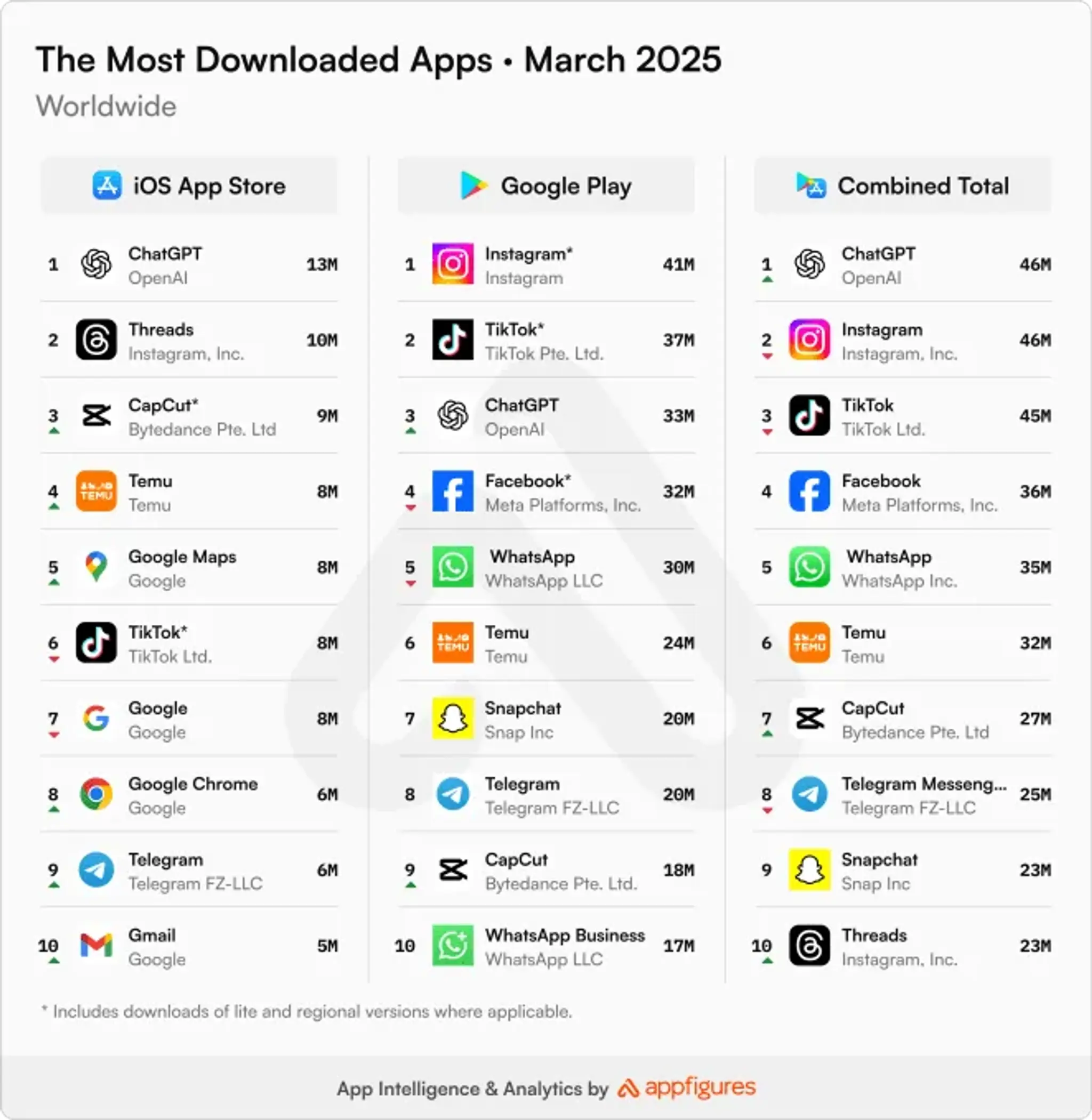Assistive technology is crucial for amputees, a significant minority in the workforce, yet affordability and accessibility remain key challenges. AI-driven solutions hold promise in creating more advanced and intuitive prosthetics, potentially improving the quality of life and employment opportunities for amputees. However, the high cost of these technologies often puts them out of reach for many who need them.
Further development and wider adoption of AI in prosthetics depend on addressing issues of cost, customisation, and user training. Innovations like machine learning algorithms that adapt to individual user movements and needs could significantly enhance prosthetic functionality. Ensuring these advancements are affordable and accessible will be vital in empowering amputees to participate more fully in the workplace and society.
The focus needs to be on creating assistive technology that is not only cutting-edge but also economically viable and readily available. This includes investment in research and development, as well as policies that promote affordability and accessibility, ensuring that the benefits of AI-driven prosthetics are shared by all who need them.
Related Articles

OpenAI API: Verified ID Requirement
Read more about OpenAI API: Verified ID Requirement →
ChatGPT: AI Chatbot Overview
Read more about ChatGPT: AI Chatbot Overview →
Netflix Tests AI Search
Read more about Netflix Tests AI Search →
ChatGPT Dominates App Downloads
Read more about ChatGPT Dominates App Downloads →
